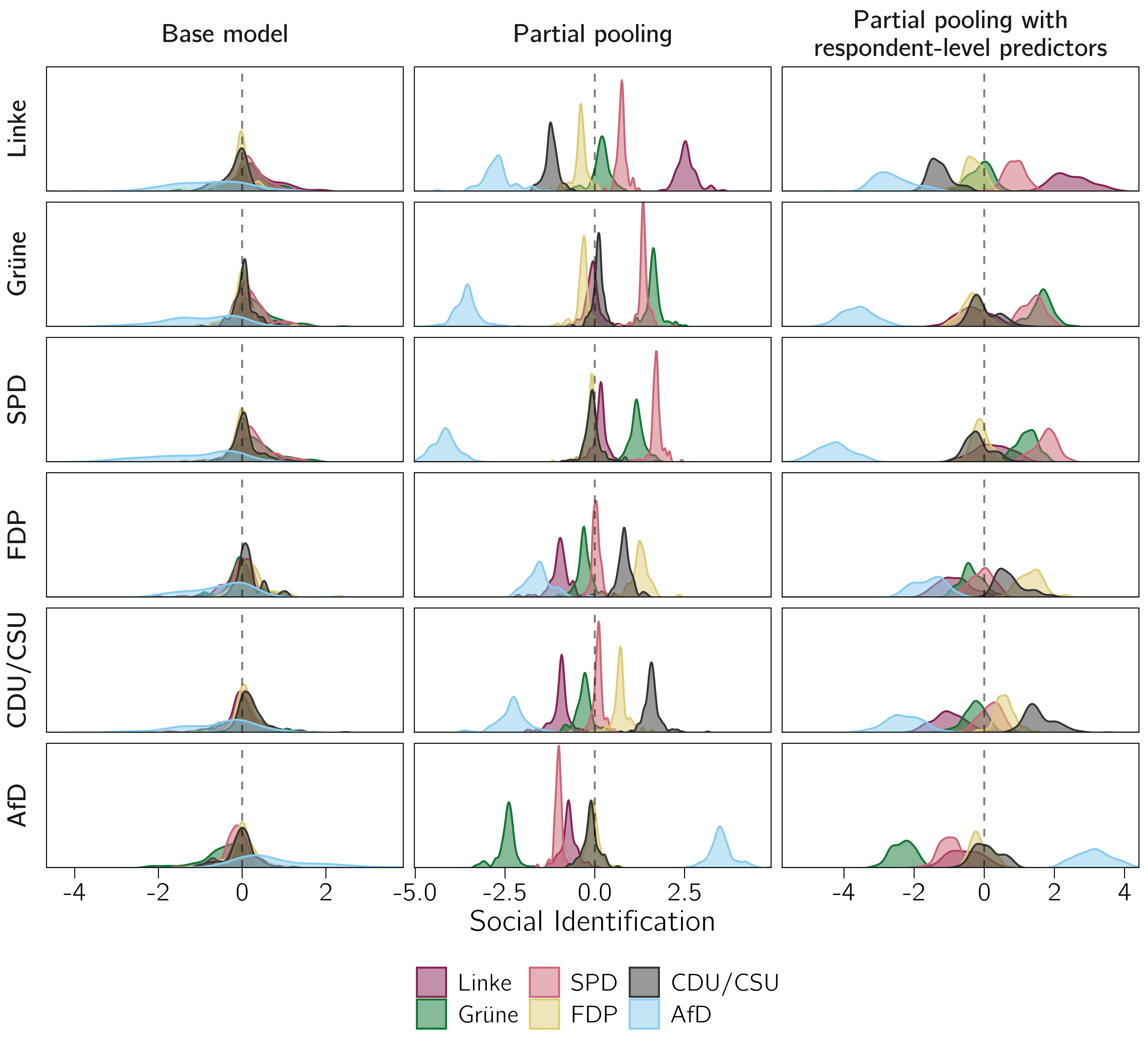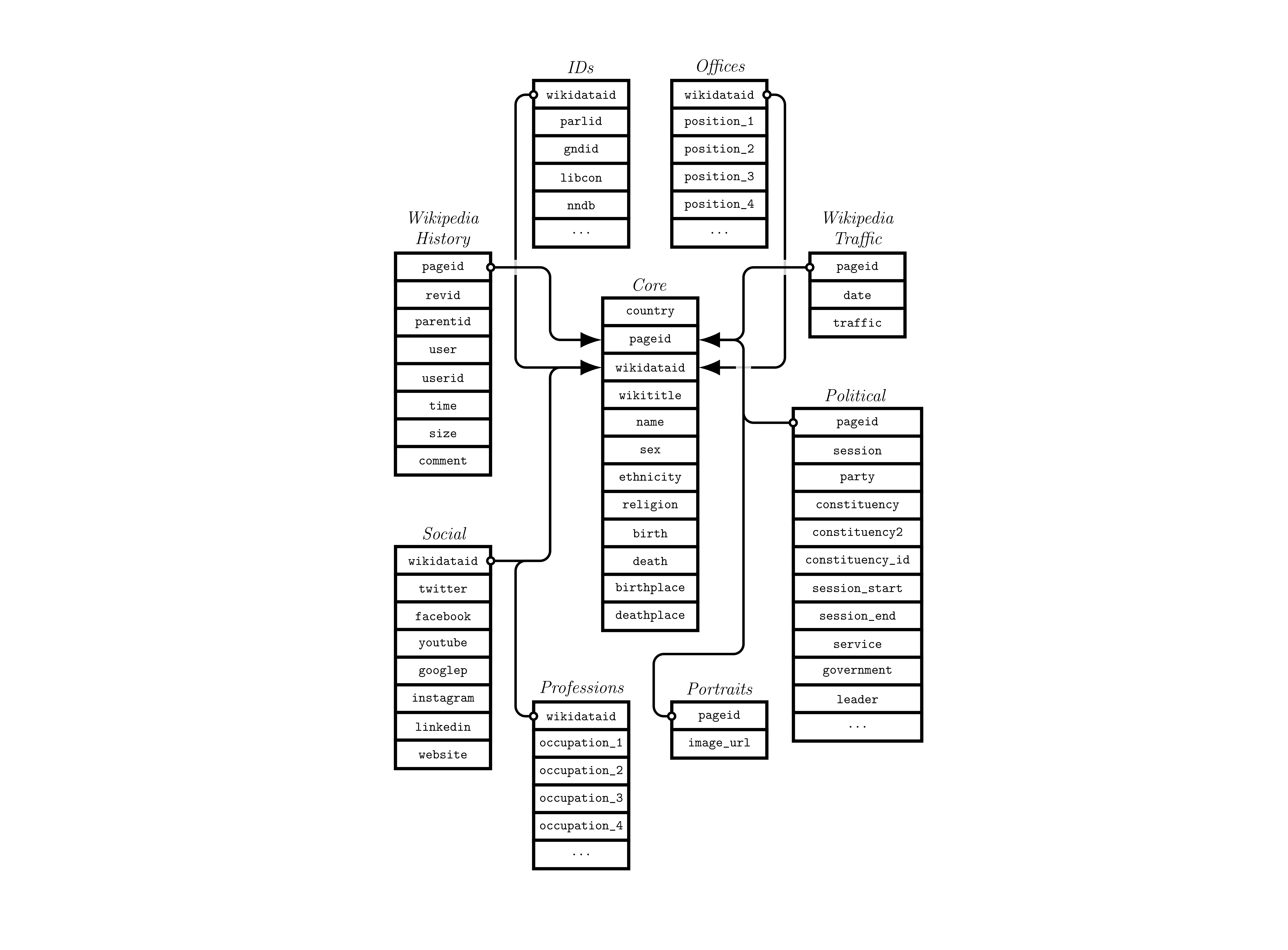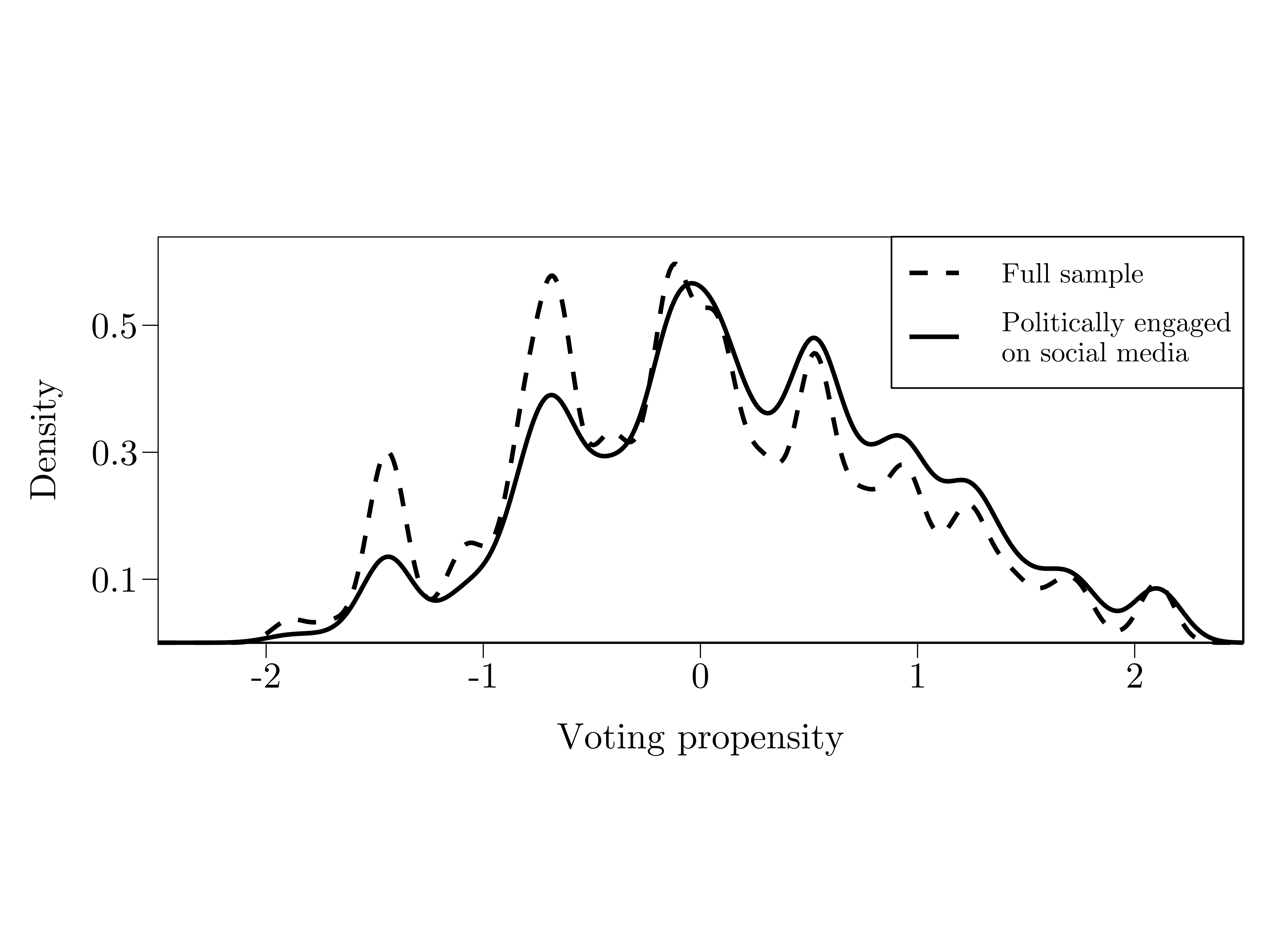About
I am a postdoctoral researcher at the Hertie School Data Science Lab. Before, I was a postdoc at Goethe University Frankfurt and received a Ph.D. in Political Science from the Graduate School of Decision Sciences at the University of Konstanz. My main areas of research are Digital Information and Communication Technologies in Politics, Political Behavior, and Public Opinion, with an added focus on the application and development of statistical and data-intensive computational approaches.
Latest Research
Measuring Multidimensional Social Identification Using a Conjoint Experiment
The concept of social identity has gained prominence among empirical social scientists in the recent past. Yet, its measurement remains elusive. Despite a multiplicity of approaches, no measure exists that provides a holistic, multidimensional, and relative assessment of subgroups and individuals’ identification with different social groups at reasonable costs. In joint work with Richard Traunmüller - University of Mannheim, and Alexander Schmidt-Catran - Goethe University Frankfurt, we propose a method that combines recent advances in conjoint analysis with the advantages of Bayesian hierarchical modeling. Our method offers theoretically grounded, holistic, and reliable estimates of identification with multiple social groups, along with their relative importance for overall social identity. The working paper is available here.
Standing with Ukraine? How Citizens Respond to Trade-Offs between Self-Interest and Principles in Supporting War-Torn Allies
Russia's invasion of Ukraine is an attack on democracy, human rights, and the international order and has caused democratic countries to support the war-torn ally. However, citizens face economic pressure and may not agree with continued support for Ukraine. In joint work with Troels Bøggild – Aarhus University, Philipp Lutscher, and Jacob Nyrup – University of Oslo, we test which types of arguments shape citizens’ continued support of Ukraine using experimental and observational survey data collected in Germany and Denmark. Our results suggest that citizens are generally ready to support democratic allies against external aggressors even if they face a trade-off with substantial economic costs. A first draft is available here.
The Comparative Legislators Database (CLD)
Together with Simon Munzert - Hertie School, I have built a central hub for versatile information about legislators and their behavior. The CLD includes political, sociodemographic, career, online presence, public attention, and visual information for contemporary and historical politicians from several countries. The database joins micro-data collection efforts on open-collaboration platforms and other sources, and integrates with renowned political science datasets. We provide free access to this resource through the R package legislatoR and via .sqlite and .csv files at the CLD Dataverse. The database was updated in March 2023. The corresponding article was published in British Journal of Political Science.
Voting and Social Media-Based Political Participation
Does online political involvement reinforce or compensate participatory deficiencies at the polls? In a recent study, I revisit this question using individual voter registration records that I integrate with observed Twitter activity. Based on a large sample that reflects Florida's voting-eligible population, I find that political involvement on Twitter is prevalent across the electorate and extends to those most likely to abstain from voting. Moreover, race and income, which are salient dividing lines in voting, do not structure social media-based political participation, and common turnout patterns for age and party subgroups are reversed, though especially among more engaged voters. These results offer a novel perspective on reinforcement theory and social media's compensatory potential for more inclusive representation. The study was published in Journal of Quantitative Description: Digital Media.



